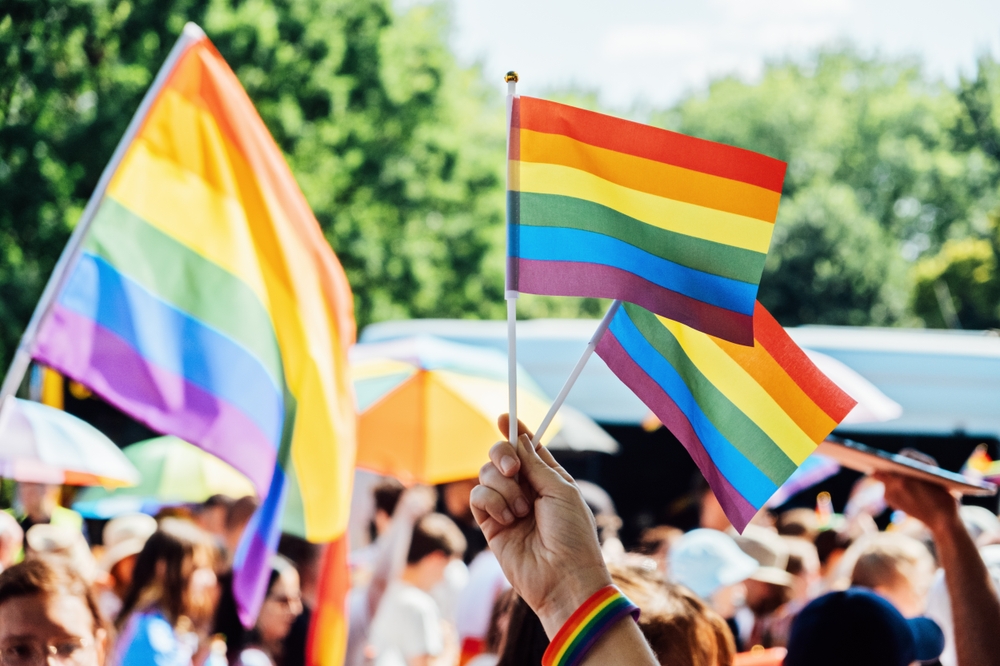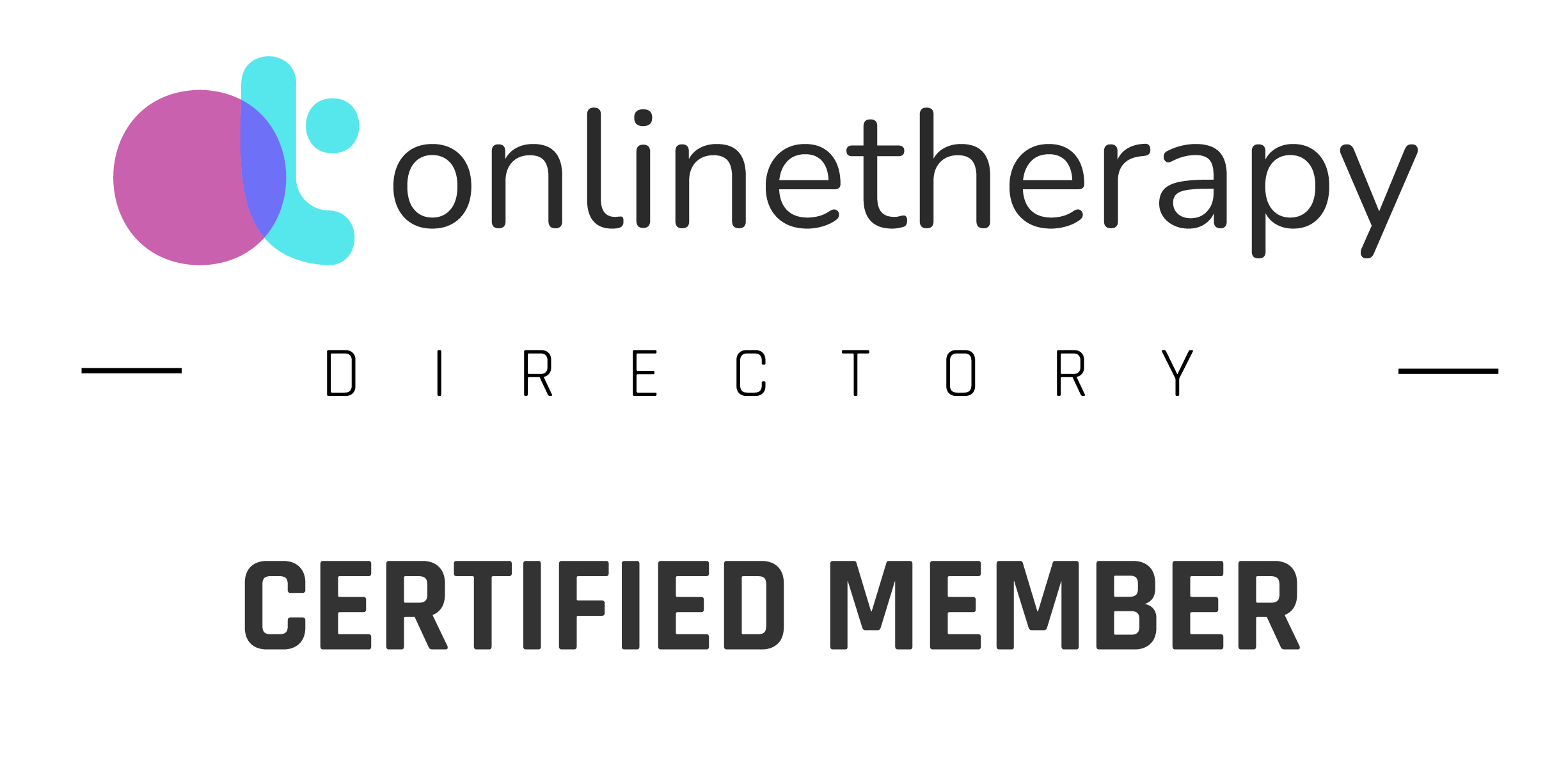LGBTQ discrimination remains a pervasive issue across many aspects of life, from workplaces and healthcare settings to schools and public spaces. The pain caused by prejudice is real and lasting—but so is the power to heal, cope, and find strength. In this article, we’ll explore how to recognize the impact of discrimination, adopt immediate and long-term coping strategies, and find hope through community and professional support.
Understanding the Impact of Discrimination and Prejudice
Recognizing Different Forms of Discrimination (Overt, Covert, Systemic)
Discrimination against LGBTQ+ individuals isn’t always obvious. Overt discrimination includes hate speech, bullying, or physical violence, while covert forms may appear as exclusion or biased hiring practices. Systemic discrimination is embedded in institutions—such as laws or policies that marginalize the LGBTQ community. Recognizing these types is the first step toward taking action.
Understanding the Emotional Toll (Anger, Sadness, Frustration, Isolation)
The emotional toll of prejudice can be overwhelming. Many individuals feel sadness, anger, or even guilt in response to being treated unfairly. These reactions are normal, but if left unaddressed, they can lead to prolonged distress and disconnection.
Recognizing the Psychological Impact (Anxiety, Depression, Internalized Stigma)
Experiencing ongoing discrimination often leads to long-term mental health challenges like anxiety and depression. Internalized stigma—believing negative stereotypes about oneself—can erode self-worth. LGBTQ mental health must be treated as a priority, not a secondary concern.
Immediate Coping Strategies
Prioritizing Self-Care (Rest, Nutrition, Exercise)
Taking care of your body is the foundation of mental resilience. Regular sleep, nutritious meals, and consistent movement help the nervous system regulate emotions more effectively when coping with discrimination.
Practicing Mindfulness and Grounding Techniques
Mindfulness practices such as deep breathing, body scans, or simply observing your surroundings can help reduce emotional overwhelm. These tools support staying present rather than consumed by fear or anger triggered by discriminatory experiences.
Setting Boundaries and Limiting Exposure to Negative Environments
Not every space or person is safe or healthy. Setting boundaries—whether by limiting conversations with certain individuals or stepping away from toxic settings—is vital when coping with discrimination and protecting mental well-being.
Seeking Immediate Support from Trusted Friends or Hotlines
You don’t have to go through it alone. A quick call or text to someone who understands can provide grounding in the moment. LGBTQ+ hotlines are trained to offer compassionate, affirming support during crises.

Building Resilience and Long-Term Coping Mechanisms
Connecting with LGBTQ+ Community and Support Networks
Being part of a supportive group can be a lifeline. Finding others who’ve experienced similar challenges fosters belonging, connection, and hope. Community centers and online forums offer safe places to share and receive encouragement.
Finding Validation and Affirmation
Validation means having your feelings, identity, and experiences recognized. Whether from loved ones, peers, or mentors, affirmation reminds you that your identity is not only valid but valuable—even in the face of discrimination against LGBTQ people.
Developing a Strong Sense of Self and Identity
Understanding who you are outside of how society labels you is empowering. Journaling, creative expression, and personal reflection help develop a core identity resilient to outside judgment.
Challenging Internalized Stigma
It’s common for repeated discrimination to make you question your worth. Reversing these messages takes time. Practice noticing negative self-talk and replace it with affirmations rooted in truth and self-respect.
Engaging in Self-Affirmation Practices
Write daily affirmations, celebrate small wins, and engage in activities that reflect your values and identity. These steps foster resilience and boost confidence.
Strategies for Responding to Discriminatory Incidents
Assessing the Situation and Your Safety
Your safety comes first. In any discriminatory incident, assess whether responding might escalate the situation. If it’s unsafe, it’s okay to walk away. Self-preservation is not surrender.
Choosing Your Battles: When to Respond and When to Disengage
Responding to every incident isn’t always necessary or healthy. Pick your moments strategically—when you have support, when it can create change, or when staying silent would compromise your integrity.
Using Assertive Communication Techniques
If you decide to speak up, use “I” statements to communicate clearly and respectfully. Assertiveness doesn’t mean aggression—it means standing firm while protecting your dignity.
Documenting Incidents of Discrimination
Keep a record of discriminatory encounters, especially in workplaces or schools. This documentation may support you if you choose to file a complaint or seek lgbtq mental health services near me for legal or emotional support.
Seeking Legal or Advocacy Support When Appropriate
Legal aid organizations and LGBTQ+ advocacy groups can help you navigate complaints, workplace grievances, or housing issues. You are not alone—and you do have rights.
Finding Strength in Community and Advocacy
Engaging in LGBTQ+ Activism and Advocacy
Channeling pain into purpose through activism can be deeply healing. Whether attending a rally, joining a support group, or advocating online, your voice contributes to change.
Supporting Organizations Fighting for LGBTQ+ Rights
Donating to or volunteering with organizations that defend LGBTQ+ rights empowers both you and your community. These groups push for structural change so future generations can live freer.
Finding Empowerment Through Collective Action
There is power in numbers. Collective efforts—from Pride events to petitions—demonstrate that discrimination is not accepted silently. They also nurture a profound sense of solidarity.
Sharing Your Story and Connecting with Others
Sharing your journey can inspire others and break cycles of shame. Whether through social media, support groups, or storytelling events, your experience can foster healing and connection.
Seeking Professional Support
The Benefits of Therapy and Counseling
Therapy offers a safe space to unpack trauma, build skills, and process pain. A trained professional can guide you in developing personalized strategies to manage and heal from discrimination.
Finding LGBTQ+-Affirming Therapists
Affirming therapists understand the unique challenges the LGBTQ+ population faces. When searching for support, prioritize professionals who specialize in inclusive care and understand the intersections of identity.
Addressing Trauma and Mental Health Challenges Related to Discrimination
Unaddressed trauma can have long-term effects on well-being. Targeted mental health care can help release trapped emotions and rebuild a sense of safety and wholeness.
Building a Brighter Future: Hope and Empowerment
Healing from discrimination isn’t linear—but it is possible. Focus on self-love and acceptance, surround yourself with those who affirm your identity, and celebrate the remarkable resilience of the LGBTQ+ community. As society evolves, new generations are building a future grounded in equity, compassion, and strength. Keep seeking growth, and never forget: change is not only coming—it’s already happening. For those looking for help, numerous resources for support and information are available to guide you forward.
At Mind and Body Counseling Associates, we can help you navigate LGBTQ discrimination with compassion and care. Contact us today to start your journey toward healing and empowerment.


